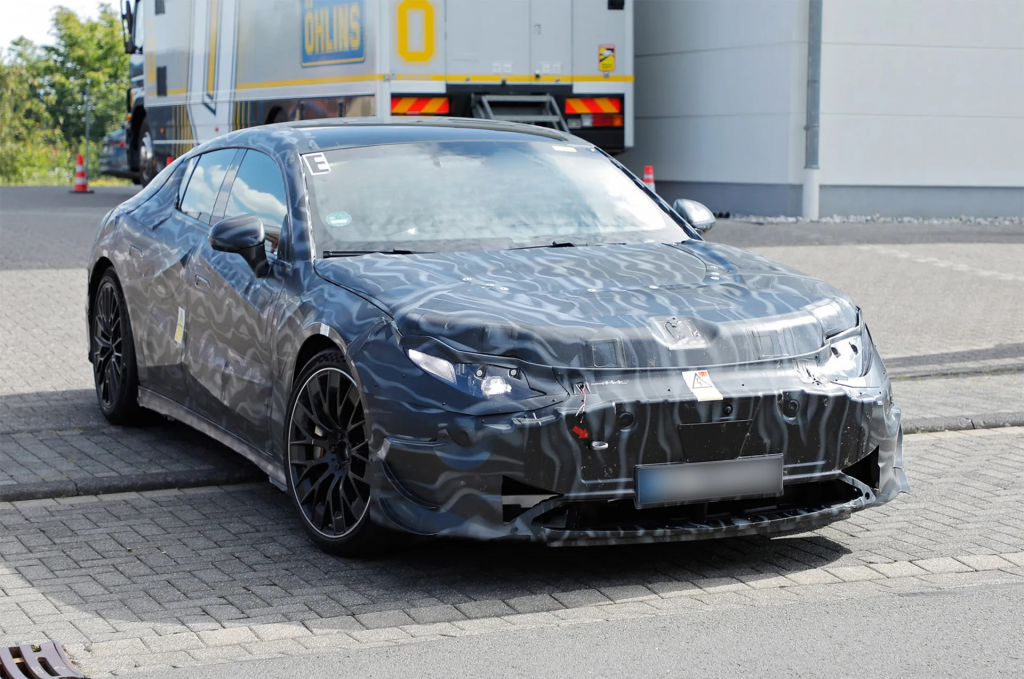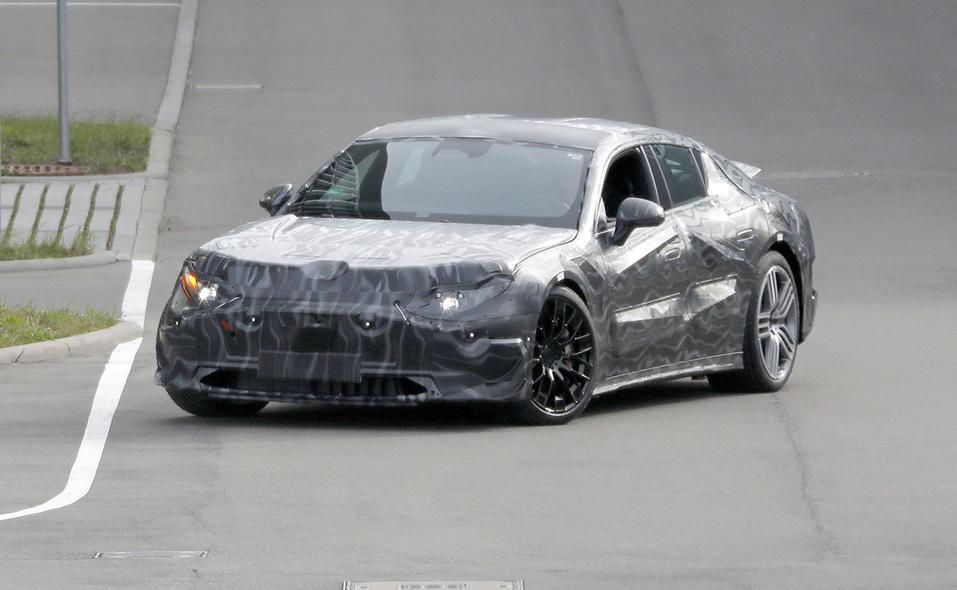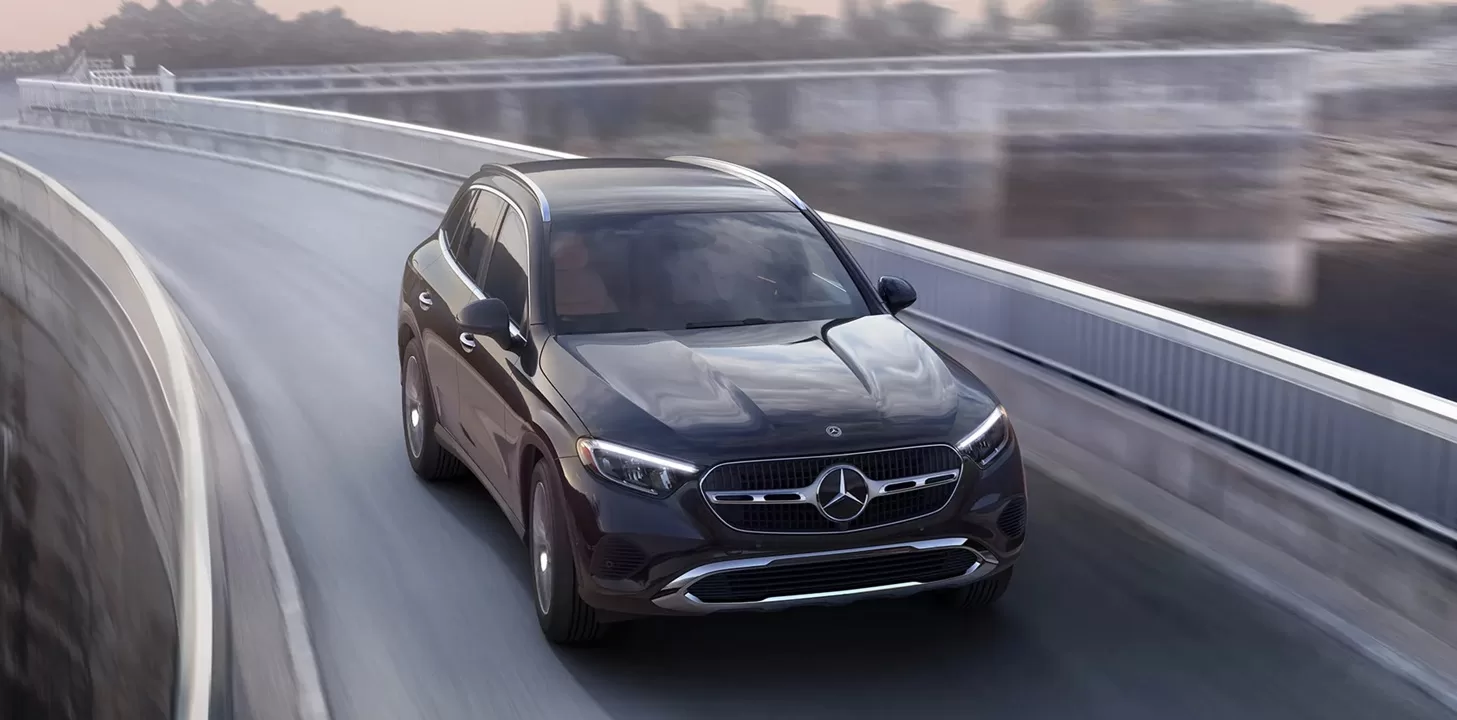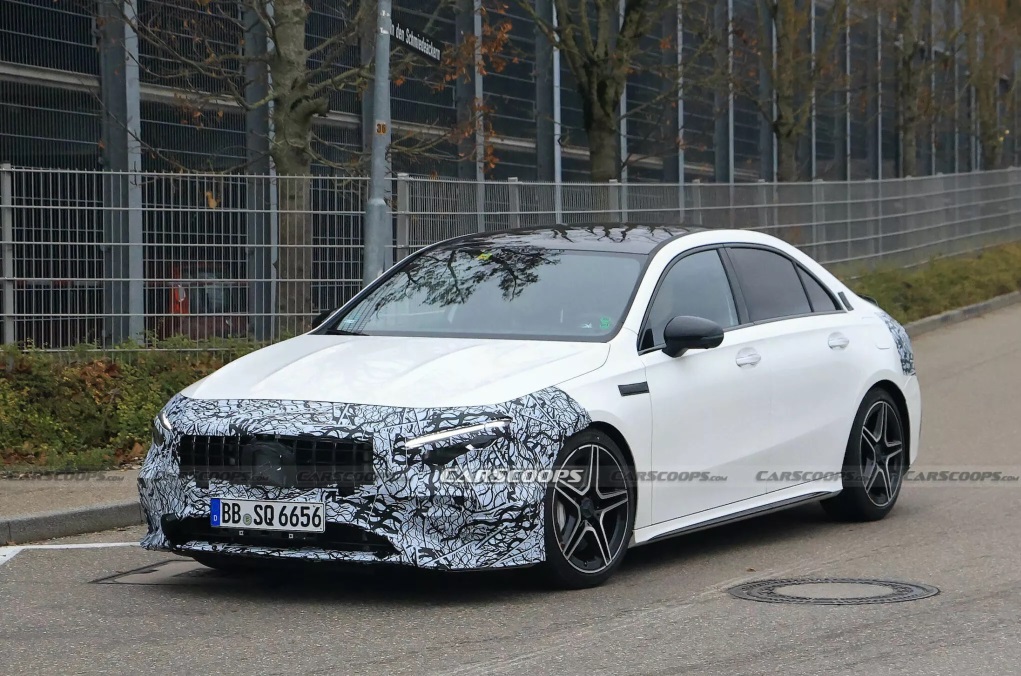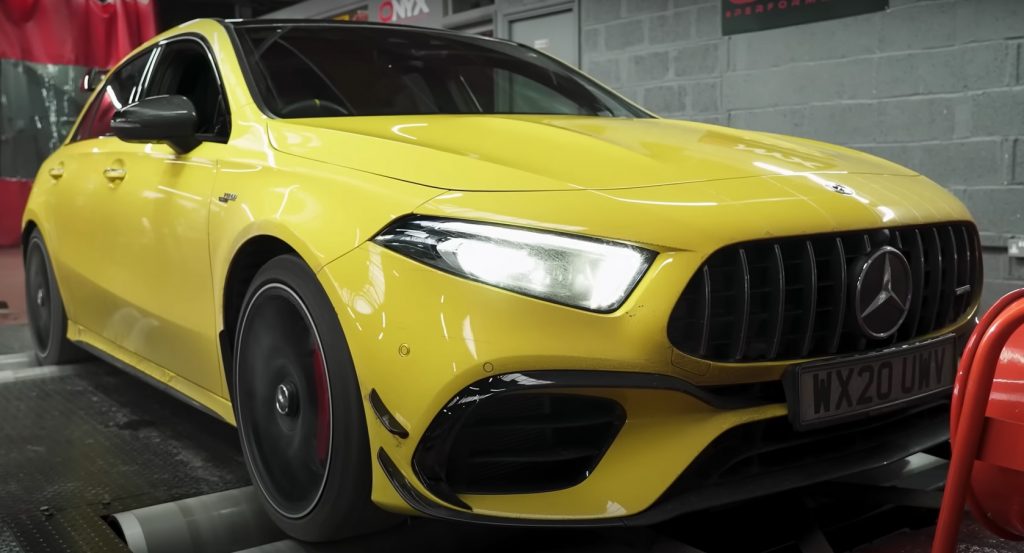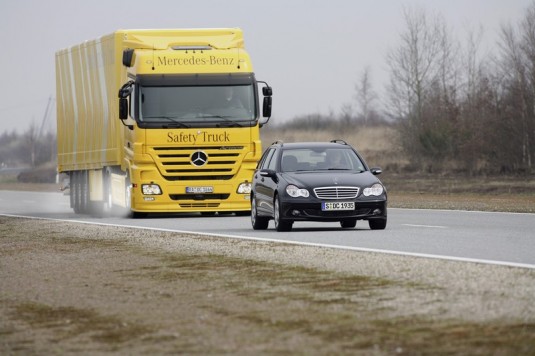
According to the findings of development engineers at Mercedes-Benz following a fleet test conducted with a total of 1,000 Mercedes-Benz Actros trailer in 2005/2006, half of the serious truck accidents could be prevented. For the purposes of the trial, half of the trucks were equipped with the Lane Assistant, proximity control and stability control assistance systems.
The number of accidents for the vehicles fitted with the safety package was shown to be halved compared to the 500 trailer with a conventional specification; furthermore, where an accident did occur, the cost of the damage was 90% lower. The results were derived based on an observation period of twelve months and a total distance travelled of 106 million kiloÂmetres.
Press Release:
The state-of-the-art assistance systems from Mercedes-Benz constitute a highly effective means of combating the principal causes of accidents, namely “rear-end collisions” and “veering off the road”. It was for this reason that these driver assistance systems were developed as a matter of high priority and successively introduced from the year 2000 onwards, starting with the Lane Assistant. The accident prevention highlight to date is the Active Brake Assist system, which has been available for Mercedes-Benz trucks for nearly two years now. If, in the event of an imminent collision, the driver fails to react despite multiple warnings, this system will automatically initiate a full application of the brakes. While Active Brake Assist is not always able to avoid accidents, its application of full braking power is always able to reduce the impact speed and therefore considerably mitigate the consequences of the collision. The system has so far clocked up around 350 million kilometres in customer vehicles, with a consistently positive track record.
The rapid spread of these technologies is essential if a wide-scale improvement in road traffic safety is to be achieved. In view of this, financial support is now being
offered from several sides to facilitate their swift introduction. Mercedes-Benz, for instance, has put together attractively priced packages, which reduce the total cost by around a third compared to ordering the systems individually. Examples here include the Classic Safety Package and the Top Safety Package. In this way, it has been possible to boost the inclusion rate of the various options on the model variants they are available for by between 15% and 20%. Some motor vehicle insurers, such as Allianz, Daimler Financial Services, Kravag and Zürich Versicherung, offer premium discounts for trucks fitted with the corresponding safety features, while direct subsidies are available through the respective trade associations.
The assistance systems offered for Mercedes-Benz vehicles do not relieve drivers of their responsibility for driving safely. They can certainly aid them however by allowing them to concentrate better on the traffic around them, and can always come to their assistance whenever technology can react faster and more effectively than humans.




